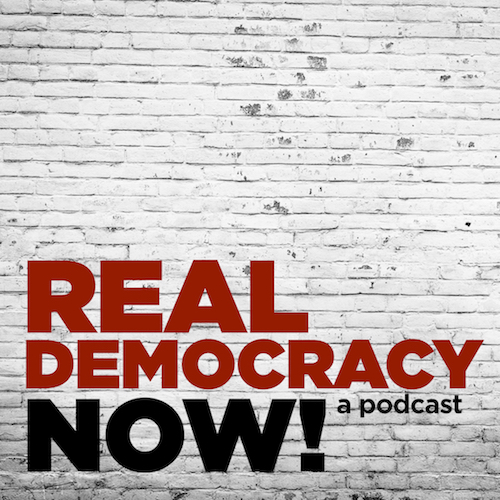3.1 Electoral Systems with Professor David Farrell
Thank you for joining me in episode 1 of Season 3 of Real Democracy Now! a podcast. Season 3 of the podcast is looking at Elections, electoral systems, electoral reform and alternatives. As you can imagine this is a huge area to cover and I would like to thank Anika Gauja from the University of Sydney who helped me develop a broad structure for this Season.
I’m going to start looking at a few areas at a high level before moving into more detail in areas such as electoral systems around the world, negative campaigning and populism, compulsory vs voluntary voting, the various institutions and actors involved and alternatives to elections, where I’ll look at sortition and digital democracy.
In today’s episode, I’m talking to Professor David Farrell. David is a Professor of Politics in the School of Politics and International Relations at the University College Dublin. He is a specialist in the study of parties, elections, electoral systems and members of parliament. His current research focuses on the role of deliberation in constitutional reform processes.
I asked David
How would you define the term ‘electoral system’? [1:45]
How do you approach comparing so many different approaches to electoral systems around the world? [4:20]
How do you characterise different families of electoral systems? [5.00]
Could you provide an overview of the key elements of different electoral systems? [6:00]
How can everyday people evaluate the different options? [15:05]
Are there electoral reforms that warrant serious consideration that are still only theoretical i.e. they haven’t been used anywhere? [20:25]
What do you think about the idea of using sortition to select a house of review? [22:15]
If you were asked to re-design the Irish electoral system what would it look like? [25:25]
Thank you for joining me today. In next week’s episode I’ll be talking to Emeritus Professor Arend Lijphart about his lifetime’s work. [29:40]
I hope you’ll join me then.
